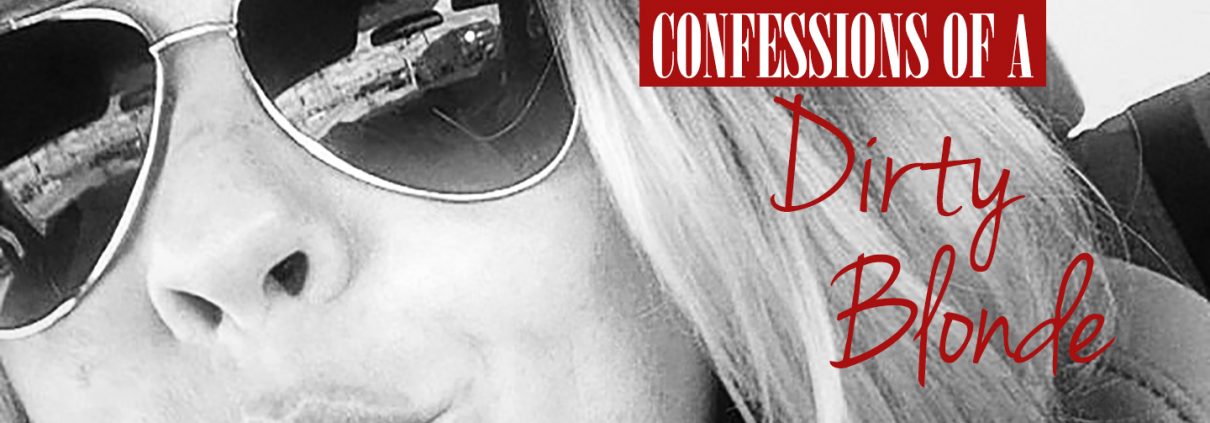Adverbs are sucking your prose dry :: Confessions of a Dirty Blonde
The girl I used to teach next to, back in the day, had a sign in her classroom that read: “Said is dead.” A philosophy I live by. But the poster comes to mind now because was swarming with adverbs and verbs she suggested students use to replace “said” and make shit shine.
WRONG.
I’m not trying to be a hater, but I am. If you’re using adverbs in your writing, it’s because you’re scared. Or you’re lazy. Sorry, dudes. Need a reason to avoid adverbs? I’ll give you three.
- They’re redundant.
Redundant adverbs are the easiest to cut and, coincidentally, wide-spread in all writing genres. The point of an adverb is to modify the verb or noun, to detail it further, yet these nasty barnacles latch onto a part of speech and repeat whatever has already been said. Copy cats. And, in terms of clean writing, we’re talking about unnecessary use of language. Let’s chop it like it’s hot. (It’s example time).
She frowned unhappily.
Because I had no idea people who frowned were unhappy, did you? I’m being sass-squared, but do you see what I’m saying? She frowned works fine on its own. Here’s another.
She spied secretively.
Most spies are secretive. Using spied as a verb implies as much without the addition. The easy solution is to leave out the adverb. It’s not modifying in either of these cases, only repeating what you’ve already said. Save your words for where they’re useful.
- They don’t add intensity.
Not only was “Truly, madly, deeply” a terrible 90s hit, the song title is also the perfect example of three adverbs intended as intensifiers. He loved her truly. She fought madly. He grabbed her thin neck and pulled her close, kissing her deeply and without abandon. You could go back to rule one on some of these, but the real question you should ask yourself is: Are you adding an adverb to avoid failing at description? Is it an easy out?
Some others to avoid: extremely, obviously, definitely, greatly, very and completely.
- Said isn’t dead.
This is one of Becky’s favorites. As an editor, especially working for Beck, modifying ‘said’ in dialogue breaks my eyes. Why?
Exchanges should focus on the substance, not on how it was said. After all, the easiest way to avoid being told you’re telling a story and not showing it is by paying attention to everyword you use. Instead of adding additional ones for fear you didn’t hit the mark already. If the dialogue becomes less important than how it is being said, it’s probably useless to the story.
Example:
“I told you you’d spoil your dinner if you ate that an hour ago, brat,” his mother said angrily.
Angrily is unnecessary in the context of the dialogue and distracts from the interaction. This one is debated as often as elephants and donkeys. There are other writers who disagree and argue about teaching creativity and refusing to limit dialogue to one exit clause. Still, I come back to simplicity.
If the character needs to say something, let them say it and leave well enough alone.
What adverbs do you catch yourself using most often and why? Tell us in the comments.
***
Got writing questions for Capo? Email capo@rebeccatdickson.com. Confessions of a Dirty Blonde goes out every Thursday.


